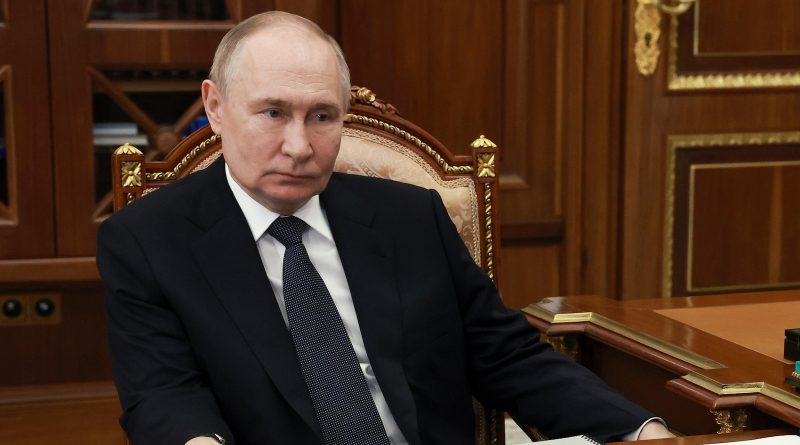Debate over consequences of prisoner exchange intensifies
Twenty-four detainees from seven nations were released in a historic exchange on Thursday, including multiple unjustly held American citizens imprisoned in Russia.
President Joe Biden hailed the agreement, the largest of its kind since the Cold War, as “a triumph of diplomacy and camaraderie.”
Among those set free were two wrongfully detained American citizens incarcerated by Moscow — Wall Street Journal correspondent Evan Gershkovich and former U.S. Marine Paul Whelan — as well as Alsu Kurmasheva, a Russian-American journalist, and Vladimir Kara-Muza, a legal permanent resident of the U.S.
In addition to the joy and relief of the detainees returning home, the swap of innocent Americans for Russian offenders sparked a debate on whether this would incentivize foreign adversaries to target and unjustly detain Americans for use as leverage.
“It’s a plausible criticism,” ABC News contributor Elizabeth Neumann, a former Homeland Security official, remarked. “Are we essentially fueling the fire by engaging in this detainee exchange, making it more probable that they will unlawfully detain more individuals to have bargaining chips for future releases of significant figures to Putin?”
Thomas Graham, a distinguished fellow at the Council on Foreign Relations, expressed that the message conveyed by the detainee exchange is a concern that any White House or government official would address.
“Every effort is made to limit the potential for incentivizing the seizure of additional Americans,” he stated.
In a joint statement on Thursday, House Speaker Mike Johnson, R-La., and Senate Republican Leader Mitch McConnell, R-Ky., labeled the release as “promising news” but acknowledged that swapping hardened Russian criminals for innocent Americans does little to deter Putin’s reprehensible actions.
“Without significant measures to prevent further hostage-taking by Russia, Iran, and other adversarial states, the consequences of hostage diplomacy will only increase,” they remarked.
Russian President Vladimir Putin’s tactic is to detain Americans on false charges in order to secure the release of his incarcerated “henchmen” in foreign countries, Neumann remarked.
A crucial figure in this historic exchange for Russia is Vadim Krasikov, according to retired Marine Col. Stephen Ganyard, a former deputy assistant U.S. secretary of state. The convicted killer had been serving a life term in Germany for a 2019 murder. In a February interview with former Fox News anchor Tucker Carlson, Putin indicated that Russia was prepared to trade Krasikov for Gershkovich.
MORE: Russia frees Evan Gershkovich and Paul Whelan in historic multi-country prisoner swap
“The Russians waited until they could retrieve this KGB assassin,” Ganyard stated. “Putin will repatriate his KGB operatives.”
According to him, Russia is likely to continue detaining Americans to achieve that objective.
“It’s typical for the Russians to hold a number of individuals on fabricated charges to ensure they always have some form of negotiating leverage or pretext for the U.S. to engage with them,” Ganyard added.
“I believe this agreement has minimal implications for any potential Russian actions in detaining Americans at this time,” he elaborated.
When it comes to navigating dealings with hostile nations, Neumann pointed out that prisoner exchange negotiations are fraught with this dilemma, as they are often the sole means to repatriate unlawfully detained citizens.
“I think it’s always a challenge when engaging in these negotiations, as you’re essentially creating a structure of incentives,” she observed. “I haven’t heard a convincing argument that the alternative would be to not negotiate at all, leaving these individuals to perish in a Russian prison.”
“That’s not how we fulfill our duty to our citizens,” she emphasized.
Citing a quote by former President Theodore Roosevelt on critics — that the “credit belongs to the man who is actually in the arena” — she underscored the ease of criticizing prisoner swap negotiations from the sidelines.
“However, until one enters the arena and engages in the battle, they cannot truly understand the complexity of these decisions,” she stated. “It’s a fairly typical criticism. It’s also one for which no one has proposed a viable alternative to fulfilling our obligation to care for our unlawfully detained American citizens.”

